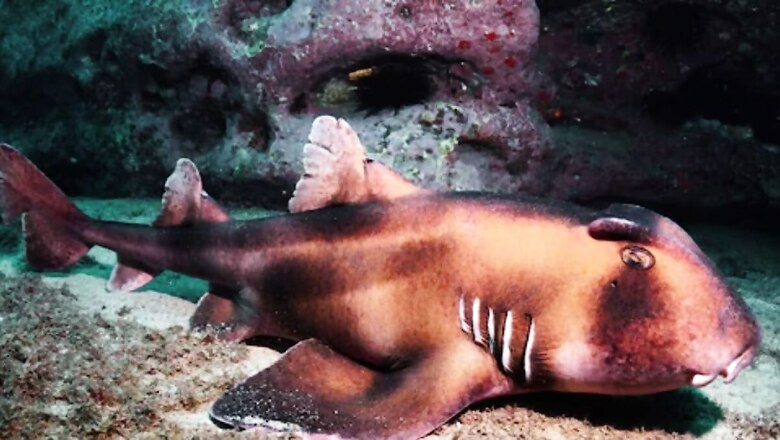
views
Climate change has been a pressing concern that scientists have warned us about for decades. Its effects are expected to have a significant impact on the survival of not only flora and fauna but also humans. However, according to a study by Australian scientists, an unexpected ally may help in the fight against climate change.
According to the University of Newcastle, sea urchins native to the waters of New South Wales have shown concerning growth patterns, expanding southwards due to ocean warming. These urchins feed on kelp and invertebrates, leaving behind a barren seascape in their wake. This migration is attributed to the intensifying East Australian Current, which is pushing tropical waters, along with the species inhabiting them, further south.
Lobsters, particularly the Eastern rock lobster (Sagmariasus verreauxi), are thought to be key predators of sea urchins, particularly the short-spined urchin (Heliocidaris erythrogramma). However, the researchers are still exploring the extent of their predation on long-spined urchins (Centrostephanus rodgersii).
To better understand the predator-prey relationship between lobsters and sea urchins, ecologist Jeremy Day and his team from the University of Newcastle conducted a month-long study. They set up cameras outside lobster dens and placed sea urchins nearby. What they discovered was completely unexpected. After filming at night for nearly a month, the footage revealed that the urchins were not being eaten by lobsters but by sharks. Remarkably, the sharks consumed the urchins with ease, swallowing them in just a few gulps, despite the urchins’ sharp spikes.
A 1-minute 54-second video shared on YouTube by the channel Science Alert captures the moment a shark eats an urchin. The researchers involved in the study believe that sharks could play a vital role in protecting kelp forests, potentially aiding in the battle against climate change. The findings also suggest that the range of predators preying on sea urchins may be broader than previously thought.














Comments
0 comment